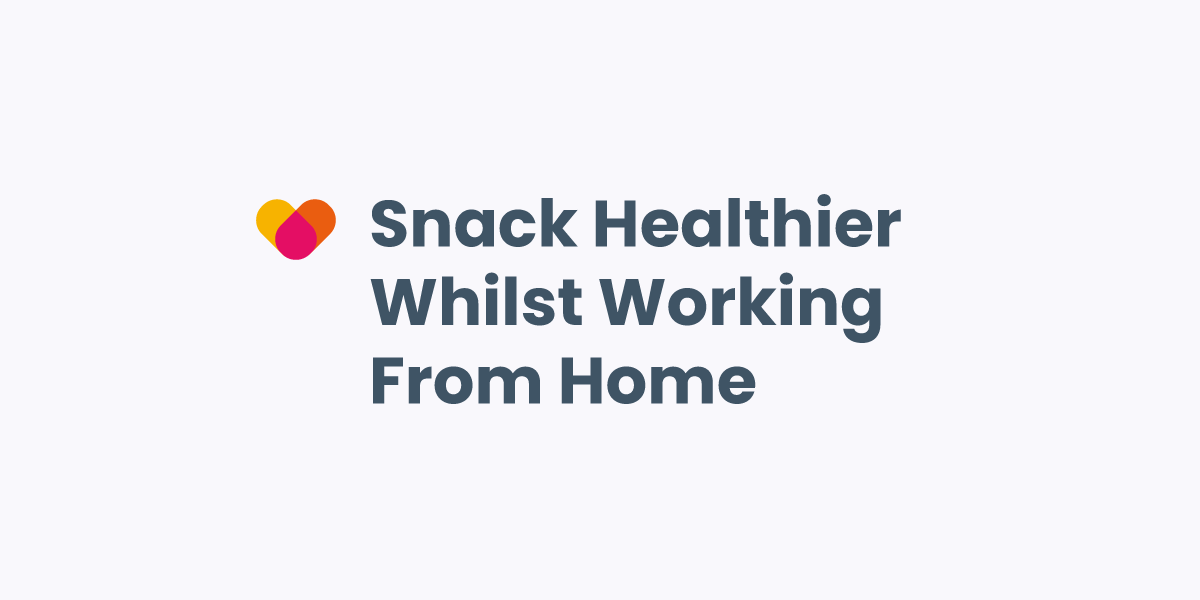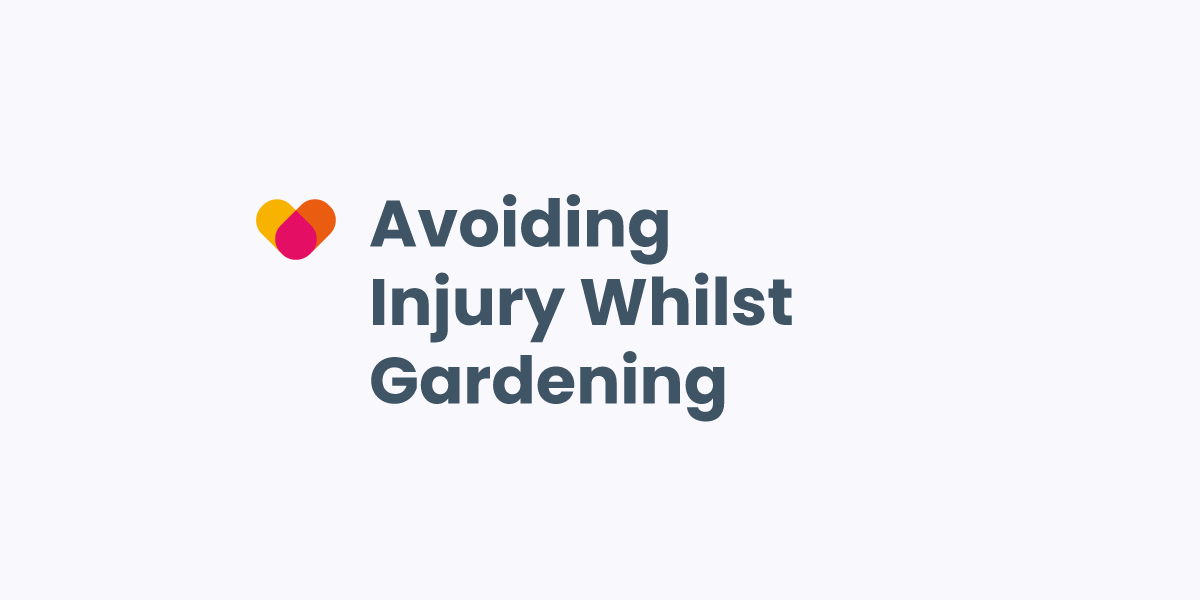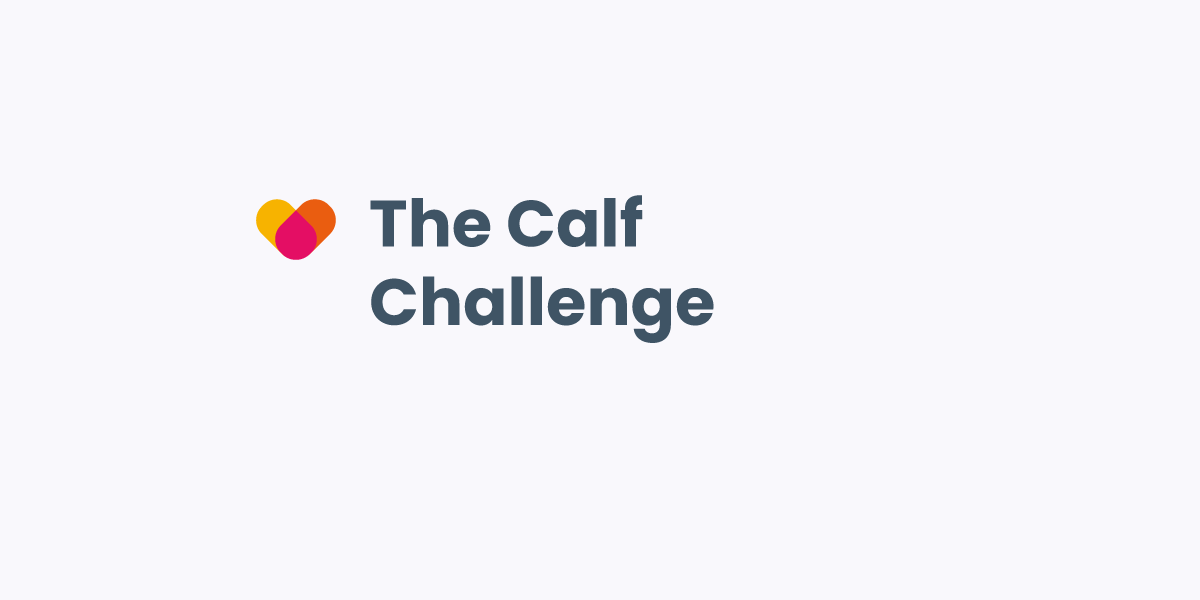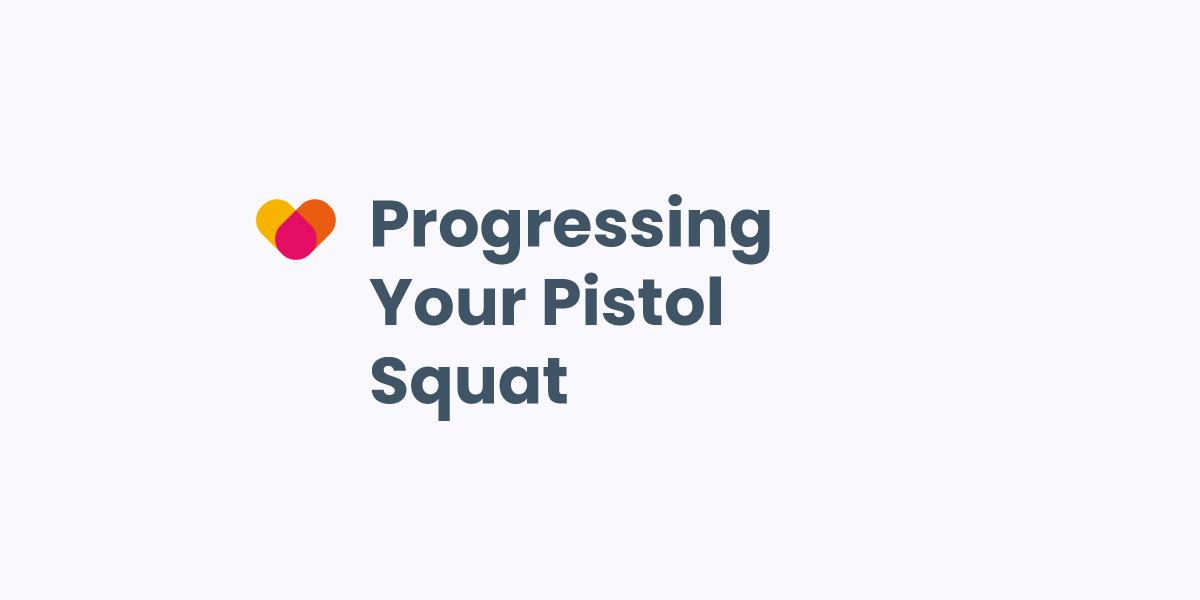


As we increase our activity levels post-lockdown 3.0, it’s important that we stay injury-free. Our chartered physios and dietitians have put together a resource that can help you put together the best strategies to prevent injury as you return to playing golf, providing tips and advice to get you on the right track and to your best round yet.

Feel Good In February is a free e-book we have launched for February 2021, filled with tips on moving more, improving sleep, and eating well! We have a handy calendar to help you set goals and a weekly meal planner, plus easy-to-make tasty recipes. Download it now for free by clicking on the image or via the button below.

Dietitian Michelle has some great tips to help you curb mindless eating habits. To chat to Michelle in our Virtual Clinic, visit Spectrum Nutrition.










Now that house shoes have become our everyday footwear while working from home, it’s important to choose the right pair to get enough support, says Podiatrist Constance Corry.
Via Irish Independent

Clinical lead dietitian Blaithin O’Neill speaks to the Irish Examiner on the best tips to help you prepare lunchboxes and tips for fussy eaters.
Via Irish Examiner.

This week, clinical dietitian Blaithin O’Neill from Spectrum Health gives her expert view on how to approach diet during pregnancy. The core message Blaithin wants to share is that a healthy pregnancy isn’t too different from an ordinary healthy lifestyle.
Via Dublin Gazette.

Recent research indicates that constipation affects one in seven Irish adults. We talk to the experts to find out what causes it, and what we can do to combat the issue.
Via Irish Independent.

This week, ‘How to be an Adult’ is all about knees to toes, knees to toes! Our Show Pro today is, SCPI-registered podiatrist with Spectrum Health, Caoimhe Russell! Whether you’re putting off foot care, or just don’t know what that is, Caoimhe has all the tips on keeping your ‘hooves’ healthy.
via RTE 2FM.

If you’re in the process of trying to lose some weight, are you also noticing that you have horrific dragon breath? It seems strange to think those things could be linked, but in certain circumstances they can be, a nutritionist explained to Extra.ie.
Via Extra.ie.

There has been a significant increase in the number of falls among elderly people during lockdown, according to a senior physiotherapist with Ireland’s falls prevention and screening programme.
Via Irish Independent.

“What I don’t think people realise is that the body requires the majority of calories for the daily maintenance of the body”, Michelle Loughlin, a dietitian with Spectrum Health, says. “This is your basal metabolic rate or the amount of energy your body needs at rest, so to keep your brain functioning, your lungs functioning, your heart pumping.”
Via RTE.

Spectrum Health MD Anne McGoldrick on how clinics chain took on the recession – and won.
Via Irish Independent.

Nutritionist Michelle Loughlin from Spectrum Health Dublin says supplements can be a good option when people have nutritional deficiencies.
Via The Irish Catholic.